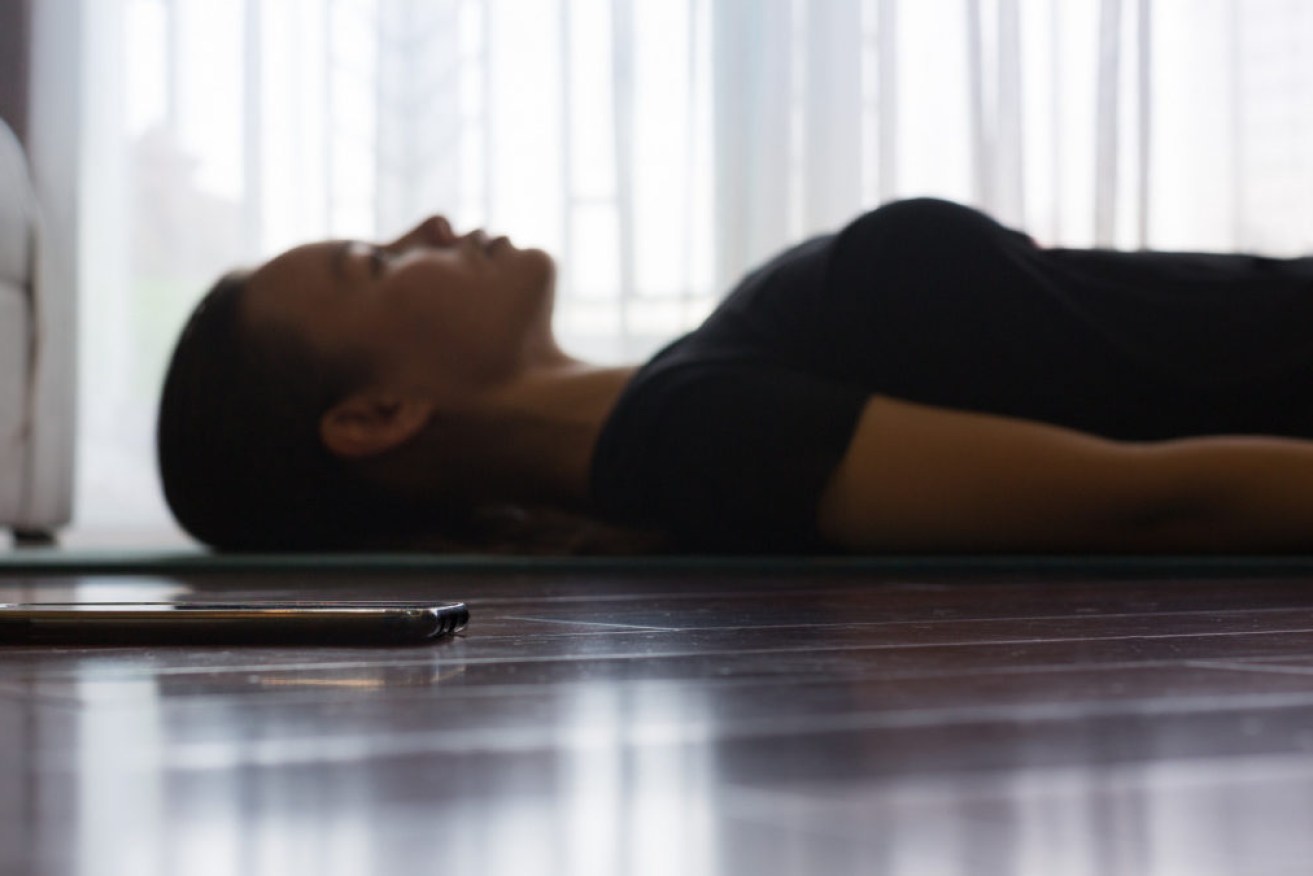Coronavirus: Millions turn to mindfulness apps to cope with stress and anxiety


The coronavirus has led to a surge in demand for mental health support. Photo: Getty
Millions of people around the world are turning to mindfulness apps to help manage coronavirus-related stress and anxiety, as experts warn of an impending mental health crisis.
On Sunday, the Victorian government pledged nearly half a million dollars in funding to bolster preventative mental health and mindfulness not-for-profit Smiling Mind.
The $456,000 in funding is part of a mental health support package designed to ease the coronavirus-induced burden on the mental health system.
It follows the federal government’s expansion of telehealth services, with GPs and mental health consults now covered by Medicare, as well as a $74 million boost for mental health support services facing “unprecedented” demand.
Experts have warned that the coronavirus pandemic could cause a mental health crisis if counselling and psychiatric services are not adequately equipped to meet the huge surge in demand.
There’s a very real risk that there is going to be a pandemic within the pandemic in terms of mental illness rising,’’ Smiling Mind chief executive Addie Wootten said.
There is “a higher level of anxiety than normal” at the moment, according to Dr Wootten, a clinical psychologist.
The coronavirus pandemic has created health and economic “uncertainty”, with many people facing “really complex and challenging situations” that could negatively affect their mental health, she said.
Australian app offers free support to millions
Smiling Mind was founded in Melbourne in 2012, and its eponymous mindfulness app provides short, guided meditations sessions and other digital resources for managing stress and anxiety.
The app has now been downloaded more than five million times, and unlike other popular mindfulness apps such as UK success story Headspace, remains entirely free to users.
“The best way to describe mindfulness is that it’s a way of living,” Dr Wootten explained.
“So mindfulness is the state that we’re trying to cultivate. And that’s a state of being focused on the present moment, being open to new experiences, being curious and trying not to be judgmental.”
The goal is to “be mindful in everything that we do”, from conversations that we have, to the way that we eat and exercise.
Demand for the Smiling Mind app has surged since the coronavirus pandemic began, with March the busiest ever month with a total of 137,000 downloads, a 67 per cent increase on downloads reported in January during the height of the bushfire crisis.
“It’s quite remarkable to see how many people are using it. And I think it’s because Smiling Mind is fully free. There’s no cost to use it at all,” Dr Wootten said.
[Our founders] felt that even if we had a $1 charge on the app, it would prevent the people that needed it the most from accessing it.’’
Smiling Mind is working to produce new COVID-19 resources that provide support to parents and children.
Children are at the greatest risk of developing traumatic responses and high levels of anxiety to these events,’’ Dr Wootten warned.
“We need to support them now to develop systems and tools to prevent
prolonged negative mental health.”
Tips for maintaining mental heath in lockdown
Dr Wootten’s tips for maintaining your mental health during the coronavirus lockdown are:
- Have a routine
- Exercise
- Connect with others
- Act early: “If you’re starting to feel different, act early,” Dr Wootten said. Telehealth doctor consults are available, so book an appointment with your GP, who can then refer you to a psychiatrist or psychologist.
If you are concerned about your or a loved one’s mental health, contact Lifeline on 13 11 14








